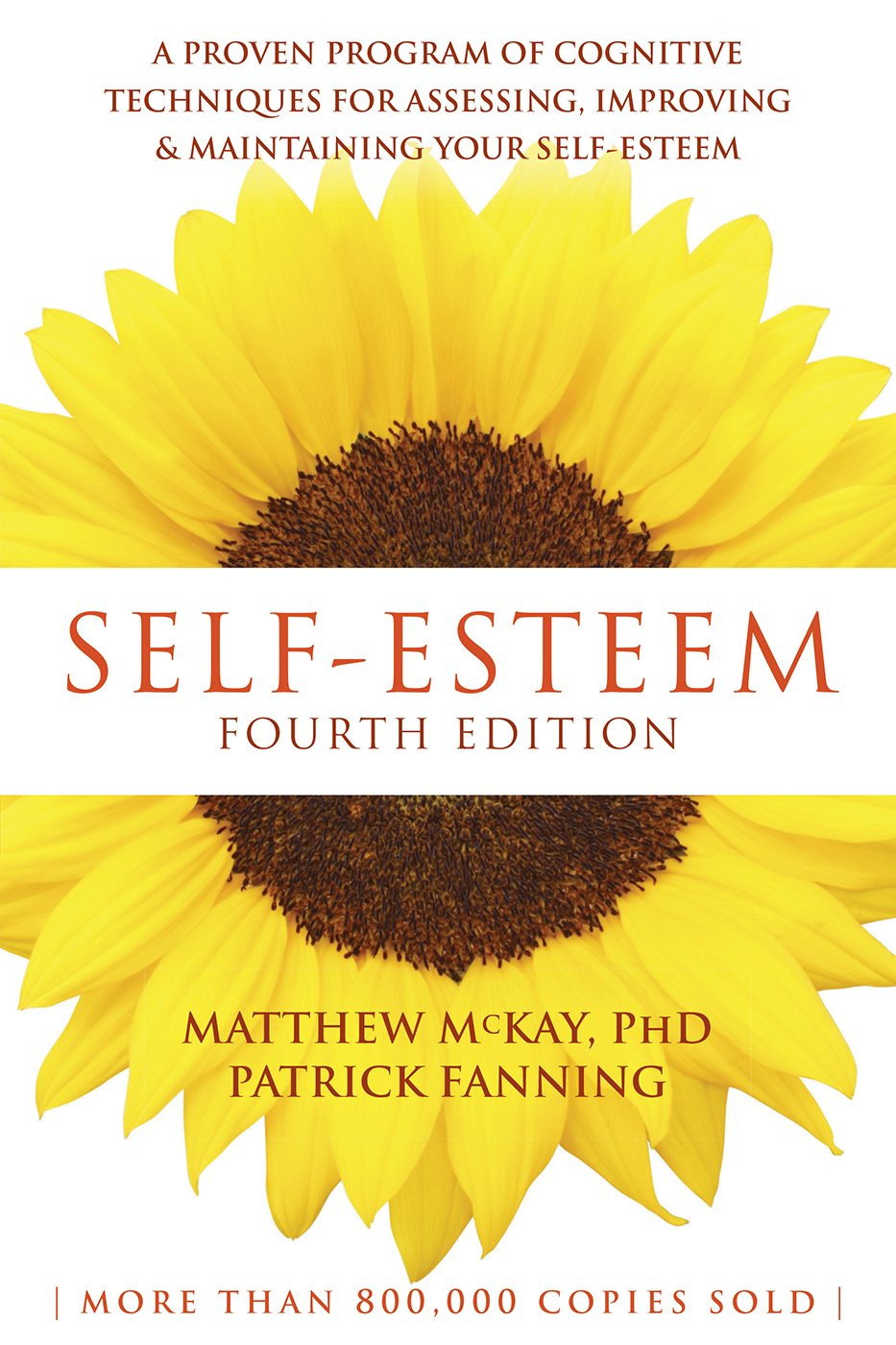Self-Esteem: A Proven Program of Cognitive Techniques for Assessing, Improving, and Maintaining Your Self-Esteem
Struggling with Low Self-Worth? Unleash Your Inner Confidence
Good evening, friends! Welcome to the ReadVault Club. I'm Tom Niklas, a seasoned writer and book reviewer. Please subscribe to me and join us in reading 52 books a year together.
I specialize in providing book reviews on personal growth, leadership, family and parenting, mental health, humanities, and history. I aim to assist busy citizens enjoying the benefits of reading books but struggling to find the time.
To help more people to read books easily, don't forget to like, share, and comment below. Your actions are helping more people.
Today, I will talk about a bestselling book on cognitive psychology called "Self-Esteem: A Proven Program of Cognitive Techniques for Assessing, Improving, and Maintaining Your Self-Esteem."
Psychology books are very special. If you don't have any psychological issues being addressed, you might think the book has nothing to do with you. But if you do struggle with that issue, such a book could be a real lifesaver. So if you or someone close to you is dealing with self-esteem problems, this book is worth reading.
The Nature of Self-Esteem
When I talked about many parenting books before, I often mentioned it is so important to cultivate a child's independence and self-esteem system. In my view, this should be the primary goal of education.
Then, many people ask how to build that kind of self-esteem in a child. Well, this American self-help book aims to guide you through continuously adjusting and improving your self-esteem. The author even wants you to do the exercises. You could make a daily practice of boosting your self-worth step-by-step.
First, we need to understand just how crucial self-esteem is. The author uses a pretty intense phrase, saying that if you don't recognize your self-worth and can't feel self-esteem in your life, it causes enormous pain.
What does "enormous pain" mean? It's when someone lacks sufficient self-esteem, they tend to exhibit a lot of defensive behaviors like complaining, anger, workaholism, boasting, fibbing, alcohol/drug use, and so on. All those destructive things we see stem from an attempt to defend or protect themselves. Because they fundamentally don't feel their value.
There's an ongoing debate about whether low self-esteem causes an unsatisfactory life, or vice versa. But if kids are under 4 years old, their self-esteem largely depends on how their parents treat them. After age 4 though, the chicken-and-egg question remains: Does high self-esteem lead to good grades and career success? There's no definitive answer. It's a two-way street, with each influencing the other.
The key thing to know is that your cognition lies between your circumstances and your self-esteem. Cognition is your thoughts and perspective. We talked about the ABC principle before from the book "How To Keep People From Pushing Your Buttons," neither wealth nor poverty alone determines self-esteem. It's your mindset in between that matters. If you have a healthy perspective, the external situation won't heavily impact your self-worth. This book aims to adjust our cognition. It will teach us how we view ourselves, our performance, our dignity, and our value to our environment.
Low self-esteem often arises from toxic criticism. Sometimes we ruthlessly put ourselves down in an internalized voice. Perhaps we echo harsh palabras from close family or friends calling us stupid, irresponsible, worthless, doomed to fail, etc. That negative internal narrative gradually forms in response to years of demoralizing messages from loved ones.
Five main factors that determine the strength of not-okay feelings
The critic is born during your earliest experience of socialization by your parents. So there are five main factors that determine the strength of your early not-okay feelings,
First is tying criticism to morality. For example, one parent scolded a child for getting dirty from playing. She might say "You never think about anyone but yourself. You're a bad, selfish kid." She didn't address the factual issue but raised it to an ethical indictment.
The second is confusing the act with the essence. If a child tells a lie, the parent might overreact by blaming their entire character and future. What they need to address is the kid's specific behavior.
The third factor is the frequency of the forbidding gestures. What are forbidding gestures? Many parents have various ways of restricting or forbidding their children from certain behaviors. These are prohibitive gestures. When the frequency gets too high, it impacts the child's self-esteem.
I've seen the parents constantly restraining their kids in a restaurant with comments like "Careful, watch out, don't do that." Imagine having someone 24/7 monitoring and criticizing your every move. It's soul-crushing for the child's self-worth.
Keep reading with a 7-day free trial
Subscribe to ReadVault to keep reading this post and get 7 days of free access to the full post archives.



